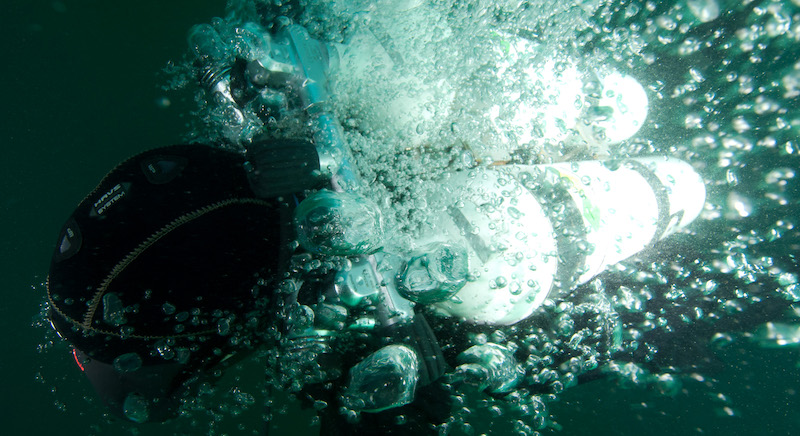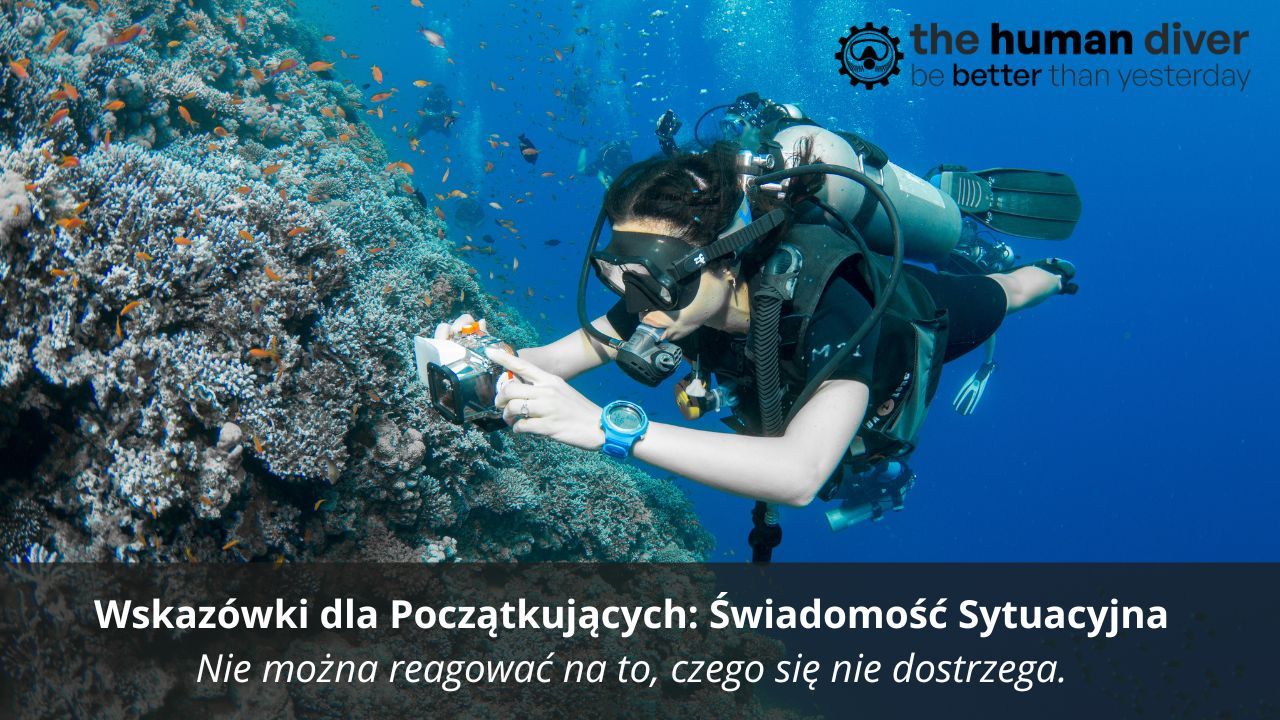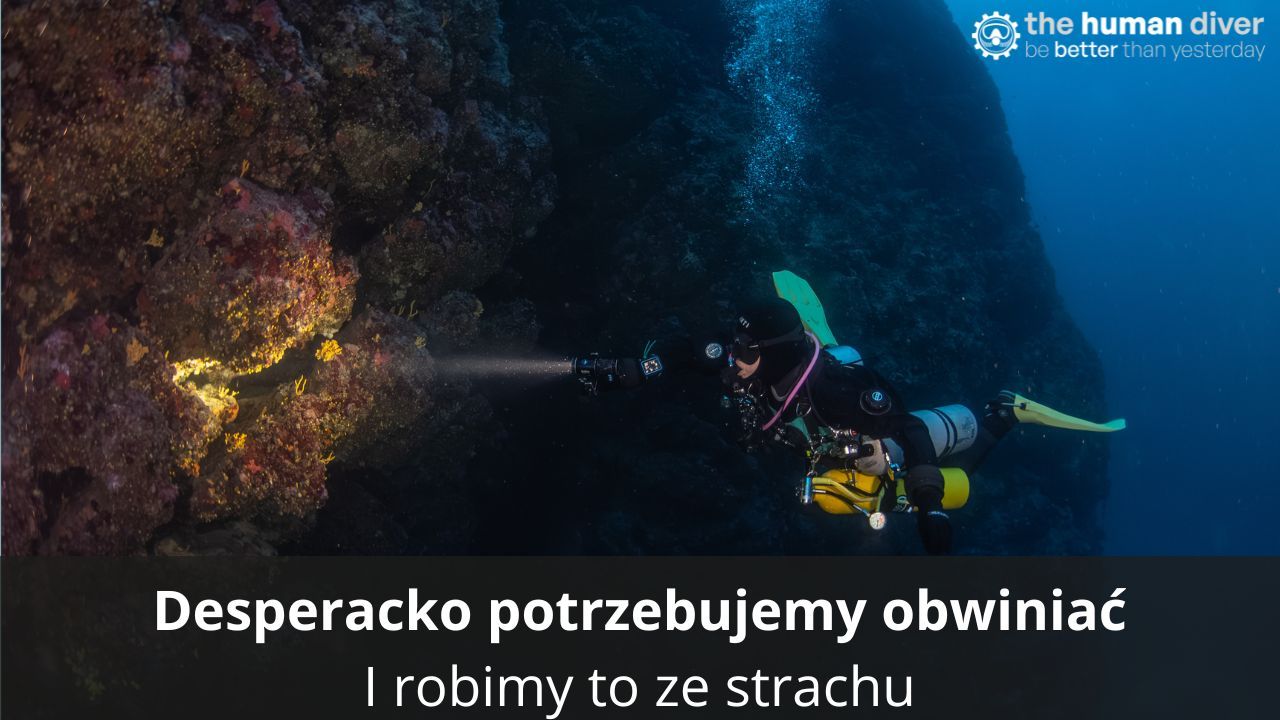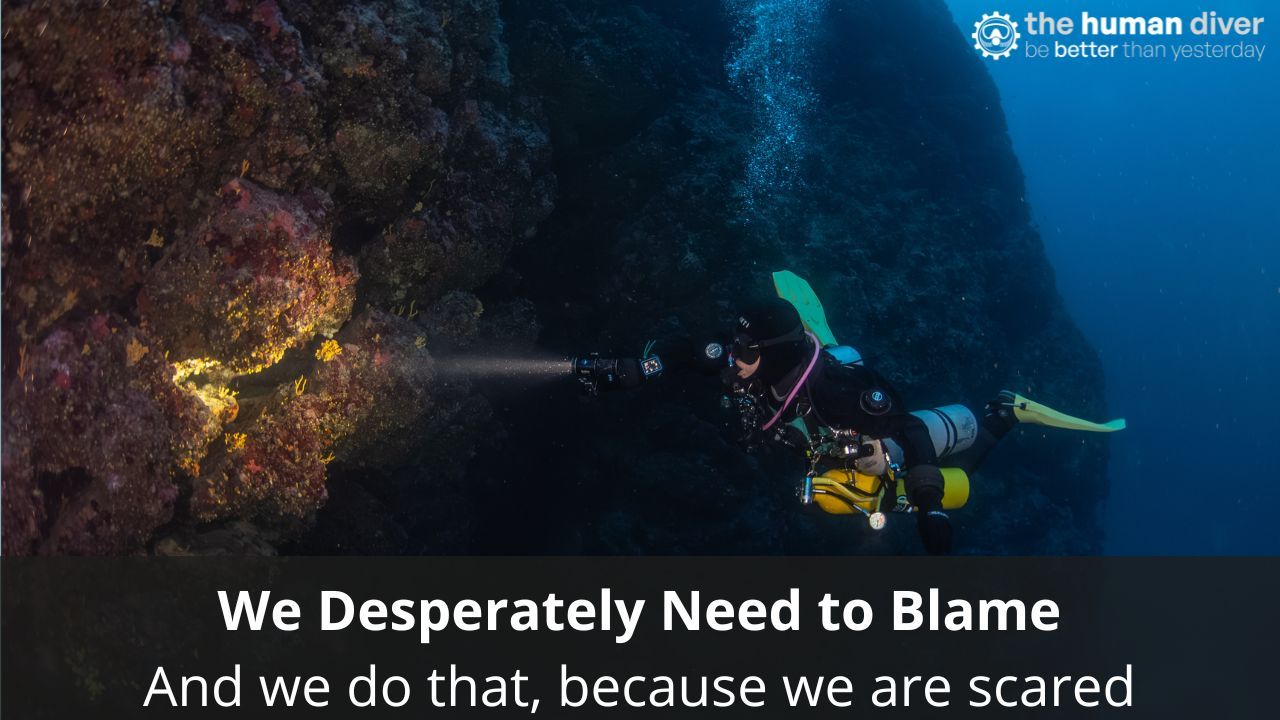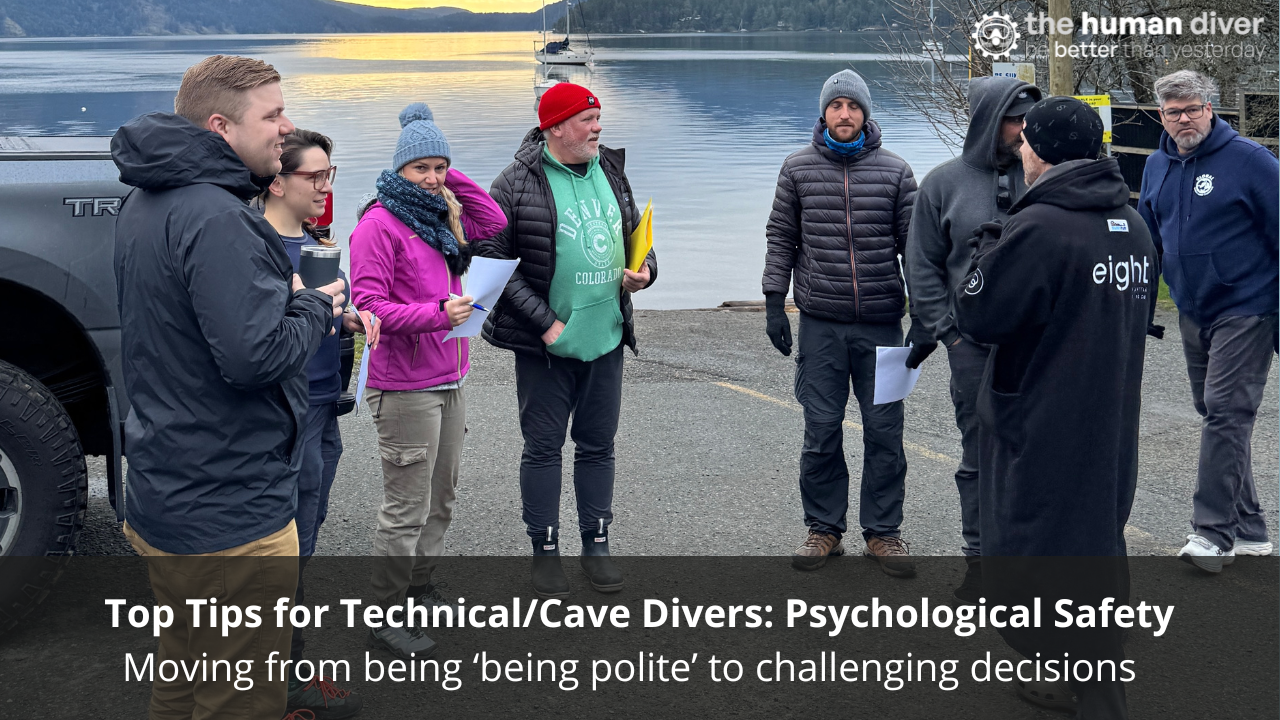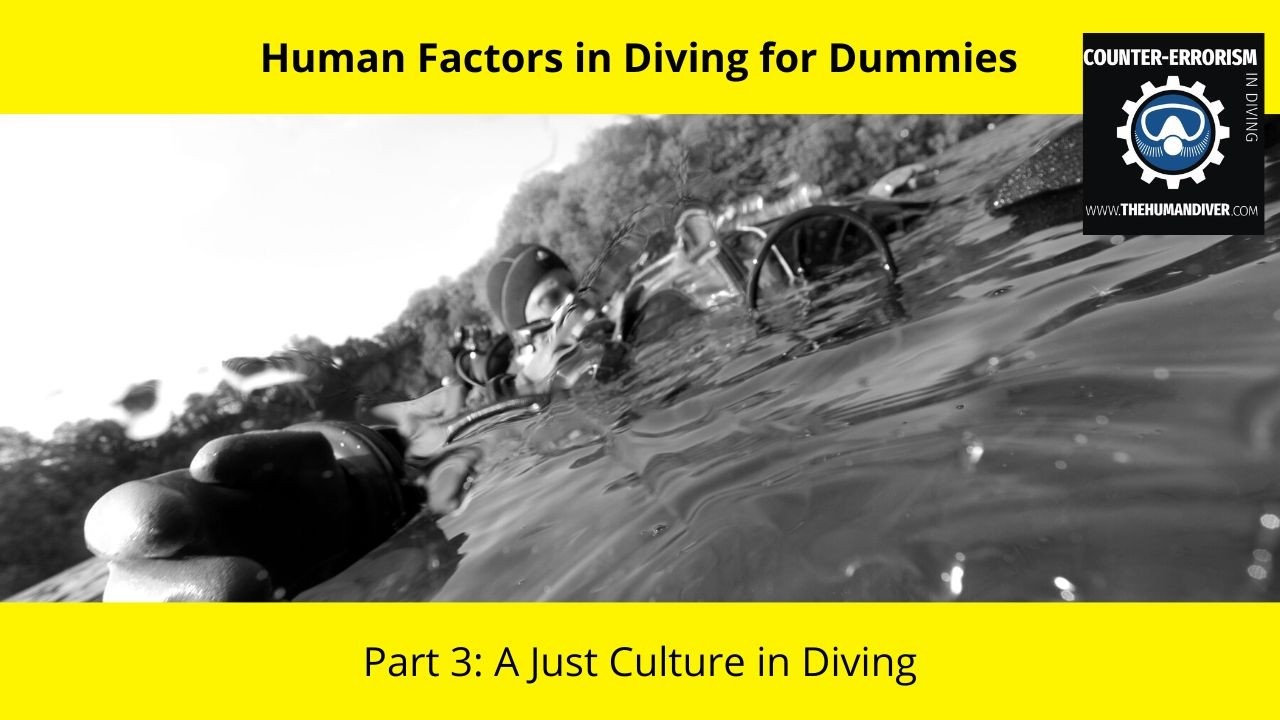
HF in Diving for Dummies: Part 3: A Just Culture in Diving
Aug 28, 2022A Just Culture is probably one of the most misunderstood concepts in Human Factors. In this blog, I’m going to explain what we mean by it and why it’s so important to have to allow learning to happen.
What do we mean by Culture?
According to the dictionary, culture is “the ideas, customs, and social behaviour of a particular people or society.” So when we talk about just culture we mean a group of people who behave in a way they see as being fair. Being “fair” isn’t the easiest thing to define, what some people may call fair others may call wrong, so this is one reason why this can be confusing.
So let's start with what Just Culture isn’t; it isn’t a lack of fault. A lot of people see the questions being asked when a good investigation is happening and think that the problem is obvious, it was this person or that person at fault and they must be penalised. But when we start by blaming a person we lose two things; the chance that others will report similar events and the chance to learn from things that went wrong. Instead, an investigation with a focus on a just culture starts by asking “What went wrong?” and “How did it make sense for those involved to do what they did?”
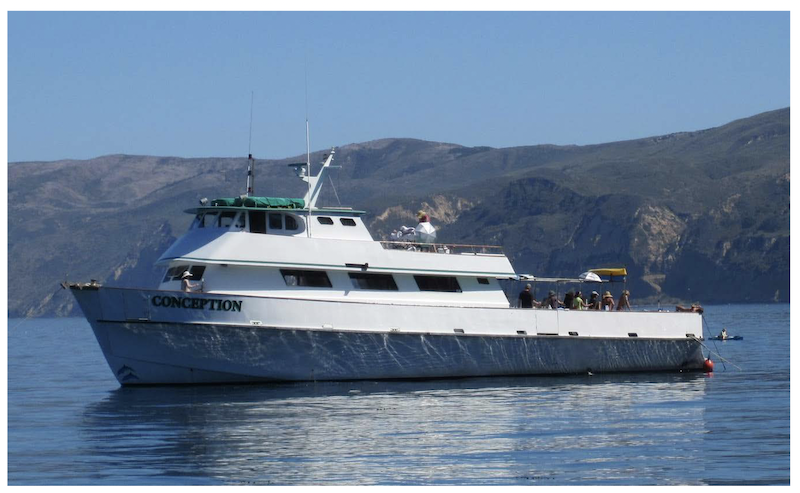
A Fire Onboard...
Let’s take the example of the sinking of the MV Conception. This occurred after a fire broke out onboard, with the loss of 34 lives. The National Transportation Safety Board began an investigation with the aim of determining the cause of the fire and verifying the safety measures that had been aboard. Their aim was to look at the “How” of the accident, in other words, “How did this occur?”. They looked at the whole system that was involved, not just the people. So things like the design of the boat and the culture of the company were inspected. Without that starting point, many of the lessons that came from the fire wouldn’t have been learned (for example requiring connected smoke detectors, making sure that night patrols were in place and making sure an exit in a separate area was available from below deck.) People were punished for their violations but lessons were also learnt. Without these lessons, punishment doesn’t often change people's behaviour. Even though a professional investigation took place, it didn’t stop the immediate social media outcry when there was incomplete knowledge about the fire. What is interesting is that even though this was a government-led, learning-focused investigation, criminal investigation systems and processes prevented full learning from happening. Justice (criminal investigation) systems and Just Culture processes rarely work together.
"The criminal investigation resulted in the NTSB having limited access to key personnel of Truth Aquatics working at the time of the accident, including the captain of the Conception, the first galley hand, or any employee responsible for operations." - page 8, USCG Report
Holding a diver down...
Another example of this was the recent reporting of a student who died in a UK quarry. In the press and on social media, the dive instructor was slammed for the violations that were reported - holding the student down during an unnecessary safety stop while he ran out of gas. Based on the reports coming from the court, it sounded very clear cut- the instructor was at fault and was entirely responsible for the death of his student. That is until he was acquitted of all charges. So how could someone who’d made such a gross error be allowed to walk free? Simple, the media had reported on the prosecutions opening arguments only, which they didn’t manage to back up. There was no reporting of the defence side.
Since the acquittal, it has been reported that the student had been immediately given a working regulator after running out of gas, had merely been reminded to hold his safety stop not “held down” and was taken to the surface as soon as his regulator had fallen out of his mouth as he fell unconscious. This all happened 6 years ago when immersion pulmonary oedema (IPO) wasn’t as understood or recognised as it is now. There were also several undeclared issues on their medical form. All of these things added up to be enough to acquit the instructor in court. However, as we all know, the internet is a very different place. Unfortunately for this instructor, bad news tends to travel further and faster than good. So there are still people repeating what was initially reported. If we had a just culture in diving, it is far more likely that people at the time would have asked “How did this happen?”. For sure, the police will still investigate if they believe a breach of the law has occurred to make sure any guilty party doesn’t go unpunished.
But if we ask the question above first "How did it make sense?", it is more likely that IPO might have been identified and reported on as a possibility, giving us all something to learn from and potentially saving a future life if someone recognised the symptoms. As someone who was involved in many other “adventurous” sports, I can say that people who have accidents and incidents in other communities are not attacked in the same way as divers are.

So what can we do?
So how can we as a diving community to encourage a just culture?
By asking: “How...?”. How did this happen? How did it make sense to the people involved at the time?
A just culture understands that nobody gets in the water thinking “today I’m planning on having an accident” but their decisions are based on their experience, their training and their goals. We need to look at the whole system, including the equipment, agencies, physical and social conditions, safety culture or lack of, and understand why people made the decisions they did. It is about creating a culture, a shared belief, that means when something goes wrong, we start by asking “How” rather than “Who is to blame?”. This little change in language can have huge, positive results when it comes to learning and making our diving safer.
Further Reading on this:
InDepth - Is a Just Culture Needed in Diving to Improve Learning?
Sidney Dekker - Short Course Series on Just Culture
Jenny is a full-time technical diving instructor. Prior to diving, she worked in outdoor education for 10 years teaching rock climbing, white water kayaking and canoeing, sailing, skiing, caving and cycling, among other sports. Her interest in team development started with outdoor education, using it as a tool to help people learn more about communication, planning and teamwork.
Since 2009 she has lived in Dahab, Egypt teaching SCUBA diving. She is now a technical instructor trainer for TDI, advanced trimix instructor, advanced mixed gas CCR diver and helitrox CCR instructor.
Jenny has supported a number of deep dives as part of H2O divers dive team and works as a safety diver in the stunt industry.
If you'd like to deepen your diving experience, consider taking the online introduction course which will change your attitude towards diving because safety is your perception, visit the website.
Want to learn more about this article or have questions? Contact us.

